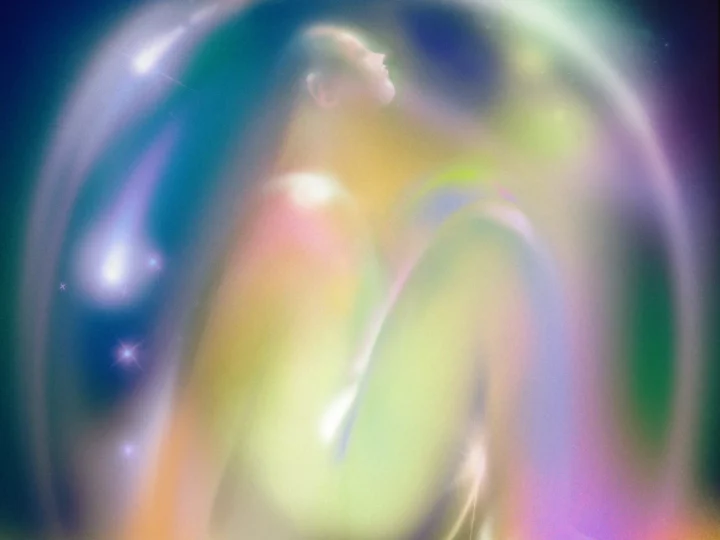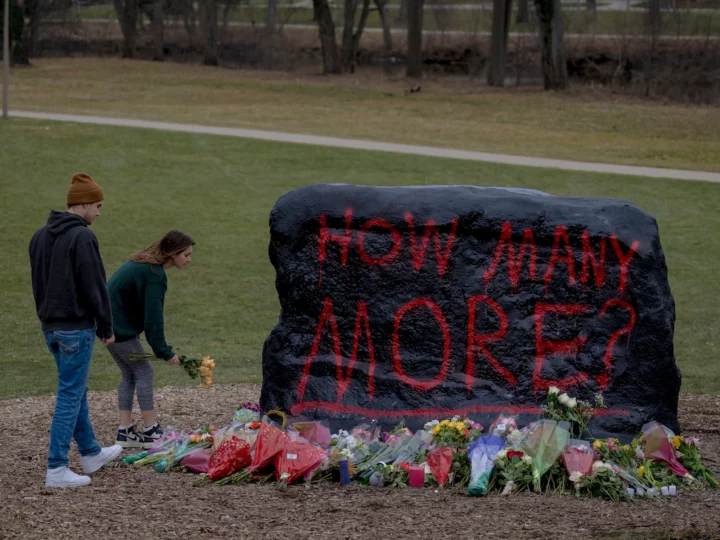 “Children have an innate capacity for both astounding kindness and intense cruelty”
“Children have an innate capacity for both astounding kindness and intense cruelty”
Jennifer Finney Boylan talks to Myla Goldberg about memoir, narrative, and Goldberg’s new novel, The False Friend. Goldberg is the author of several books, the best known of which may be the novel, Bee Season.
Jenny Boylan: The False Friend brings us a woman who’s still trying to make sense of her own childhood, and trying to connect the person she’s become with the child she was. Usually the search for identity is presented as joyful and uplifting in contemporary fiction– but here, as in Bee Season–that quest turns out to be harrowing. Do you think that, for your characters, self-knowledge is a dangerous thing? Might they be better off with some of their questions unanswered?
Myla Goldberg: Anything worth having is dangerous, to varying degrees, but I’d like to think that the long-term benefits of self-knowledge outweigh the risk. Everyone needs to be harrowed at some point in their lives. In both Bee Season and The False Friend, we are with characters at incredibly stressful and difficult turning points, but it’s possible to imagine happier and more fulfilled futures for them as a direct result of the decisions they end up making. Life loses its meaning when you stop trying to move forward, which in Celia’s case means looking backward for a while.
JB: Your book is many things– an inquiry into character, an examination of how the choices made by children continue to shape the lives of the adults they become– but in some ways it’s also a mystery story. Were there books that guided you as you wrote?
choices made by children continue to shape the lives of the adults they become– but in some ways it’s also a mystery story. Were there books that guided you as you wrote?
MG: Rather than specific books, there were three specific writers whose work obsessed me during the five years I was writing The False Friend: Graham Greene, Kazuo Ishiguro, and Ian McEwan.
Graham Greene’s characters inhabit moral grey zones. Their desire to do right is hampered by their personal limitations, and an action that genuinely helps one person invariably hurts another.
I covet the way Ishiguro can use a lone, idiosyncratic character to illuminate broad swaths of human nature, getting at the universal nature of regret, love, desire, and ambition all through a single pair of eyes.
Ian McEwan would be the closest I get to a mystery writer, per se. He’s masterful at pacing a story in a way that makes you feel as if...(click here for the full interview)




